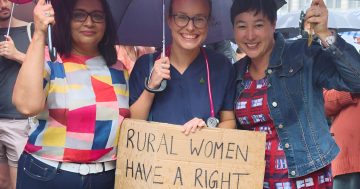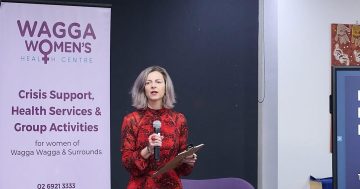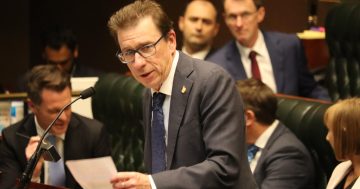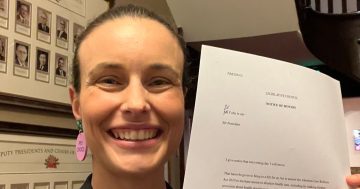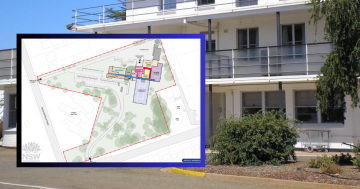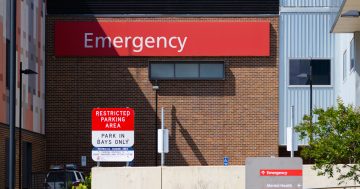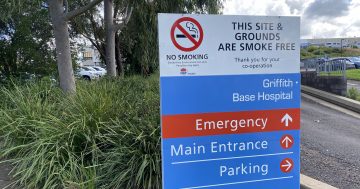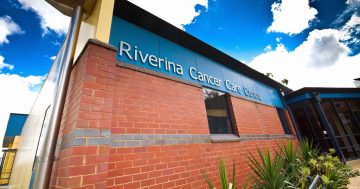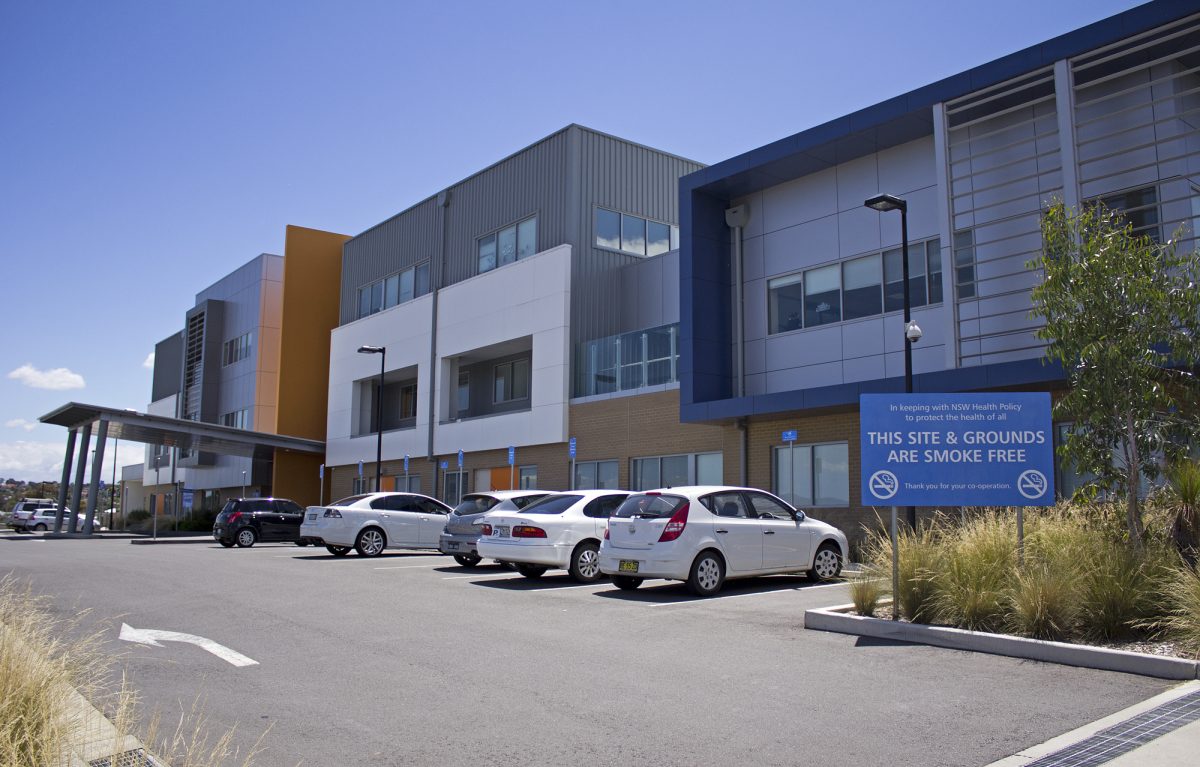
Queanbeyan District Hospital has reportedly banned surgical abortions. Photo: Wikimedia Commons.
NSW Health Minister Ryan Park is under growing pressure to ensure public hospitals across the state provide better access to pregnancy termination services. It follows revelations some regional hospitals are refusing to do certain procedures.
Abortion was decriminalised in NSW in 2019, but very few public hospitals in the state provide surgical abortions for unwanted pregnancies.
The ABC recently reported Queanbeyan and Orange public hospitals had effectively implemented bans on surgical pregnancy terminations.
Mr Park intervened to reinstate the practice in Orange, but declined to answer a question from Region on which NSW public hospitals provided the service.
Moruya-based general practitioner Dr Lisa Hyde said the policy across local health districts was inconsistent.
“Some hospitals are doing abortions, some won’t, some do them only for medical reasons, but none of them will write down [their policy]… It shouldn’t be up to the local health districts to decide whether or not they want to do abortions, that’s ridiculous,” Dr Hyde said.
“If the minister can overturn the ban in Orange in a heartbeat, why can’t he make it uniform?”
A few months ago, one of Dr Hyde’s patients was referred to Queanbeyan District Hospital for a surgical termination. But after making the two-hour drive from the south coast, the obstetrician told her the procedure had been cancelled, causing the woman immense distress.
“I wrote to my local director of services [for Moruya and Bega] wanting to know why this happened and I didn’t even get boo back, not even a ‘thanks for your email’,” Dr Hyde said.
“But we’re not alone in this confusion, it’s statewide.”
Dr Hyde said she was concerned about the lack of access to abortions in regional areas.
“You hear lots of stories of people who have gone to a doctor and they’ve said no, or haven’t referred them on or given guidance, though I’ve not come across this locally. Is this philosophical, is it workplace pressure, is it not wanting to upset people? I don’t know,” she said.
“I don’t think it’s a big conspiracy, but at the same time it’s hard to understand the reluctance.”
Vickie Burkinshaw, president of the not-for-profit Wagga Women’s Health Centre, said she felt the influence of conservative medical practitioners in her region had restricted access to abortion.
“That can be the only reason, that there’s some strange moral oversight… It’s absolutely outrageous, abortion is a legal right and women are still getting turned away,” she said.
No hospitals in the Riverina undertake surgical abortions for unwanted pregnancies and very few GPs are credentialled to prescribe medical abortions.
“Women in Wagga often have to travel outside their community and drive three to four hours to have an abortion,” she said.
Following a Region investigation last year into why this was the case, Mr Park said NSW Health was reviewing abortion services in all health districts across the state (in June 2023).
Region asked Mr Park whether that review was now complete and if he could provide the results.
We also asked if local health districts could refuse to provide surgical abortion and whether the NSW Government was aware of conscientious objectors blocking access to abortion services in NSW public hospitals.
Mr Park declined to answer. But a NSW Health spokesperson provided the following general information.
“Termination of pregnancy is provided in most local health districts in NSW. In most cases, medical or surgical abortions can be provided in the community or non-admitted settings,” the spokesperson said.
“NSW public hospitals primarily provide abortion care for women with complicated cases and later-term pregnancy gestations. This includes acceptance of referrals from other abortion providers for women experiencing complications.
“Local health districts determine the provision of abortion care based on local need and service capacity.”
The spokesperson said several local health districts had established dedicated medical abortion care services within the Women’s Health Service, Sexual Health Service or Community Health Service, or provided funding support to a local Community Women’s Health Centre (NGO) service.
“Where services are not available, referral pathways are in place to direct women to service providers who can provide safe and timely access to care. All local health districts’ referral information is in line with requirements of the Abortion Law Reform Act 2019.”
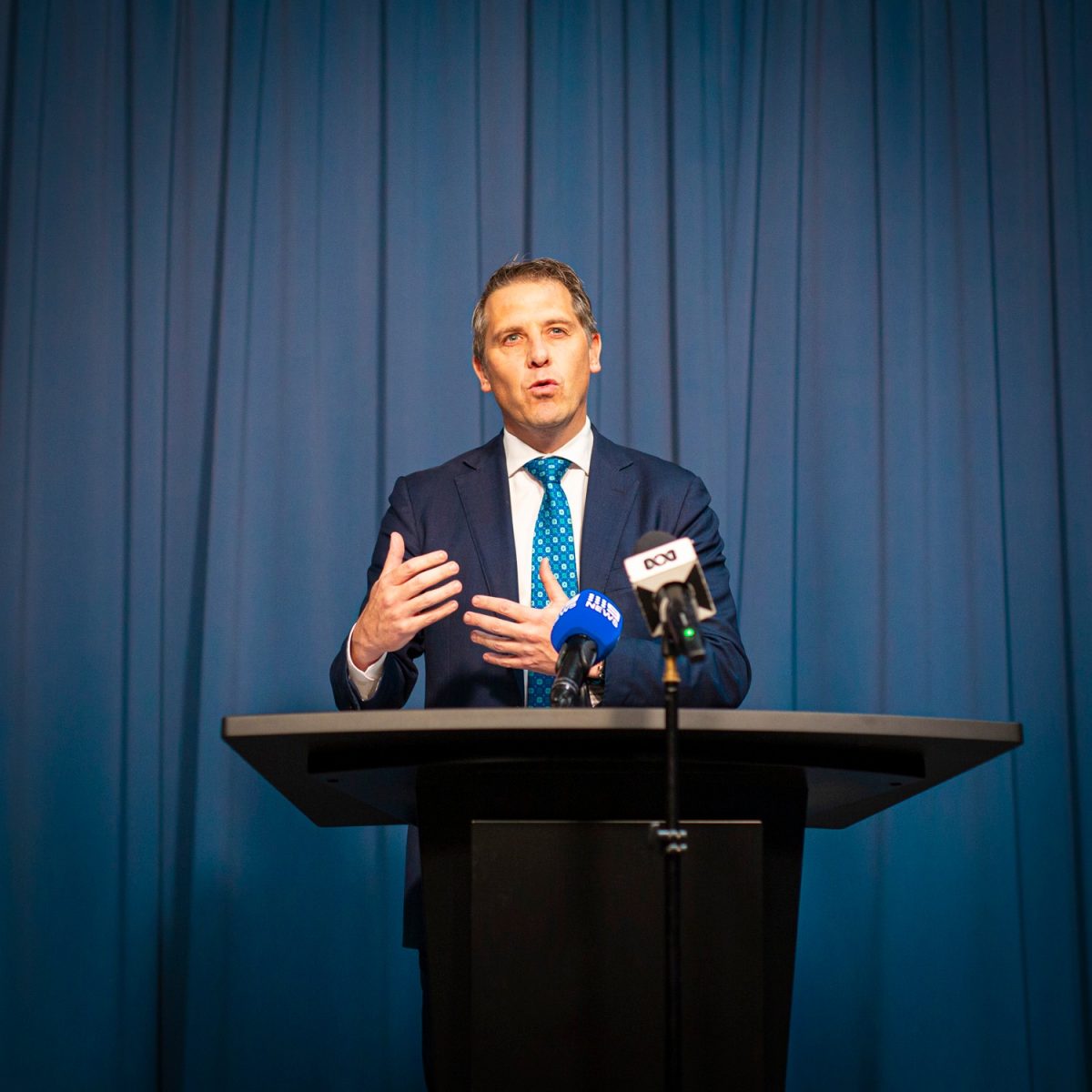
Health Minister Ryan Park has declined to answer several questions on abortion access in NSW. Photo: Facebook.
Dr Amanda Cohn, a Greens MP who previously worked as a GP in Albury, said this wasn’t good enough.
“People who need abortion services are navigating an informal network of health workers who are willing to provide abortion services, information or referral,” she said.
“Across much of NSW, the pathway to access abortion services involves travelling hundreds of kilometres, spending hundreds of dollars to access a private provider, or depending on ad hoc provision by some clinicians in some public hospitals.
“The NSW Government must fund abortion services in our public hospitals through its service agreements with local health districts.”
Dr Hyde said sending women to private clinics for abortions was unfair on those who were less well off.
“If people can’t get a termination at their local hospital, they’ve got to get to a private clinic in Queanbeyan or Wollongong and pay $700,” she said.
“You might get some back on Medicare but you have to have the full amount in your account and it’s not bulk billed. If you’re in Canberra, you’re covered, but not if you live across the border.”
Dr Hyde previously worked in the United States where a Supreme Court protection of abortion rights nationwide (Roe v Wade) was overturned in 2022, paving the way for some states to ban the procedure. She said Australia wasn’t any better off.
“A lot of people are unaware of the barriers here. In the United States, you at least know where you stand, where it’s legal and where it isn’t. But here, we don’t know if [lack of abortion access] it’s philosophical or lack of will.”
If you know more about this issue, email [email protected]
Original Article published by Oliver Jacques on Riotact.








